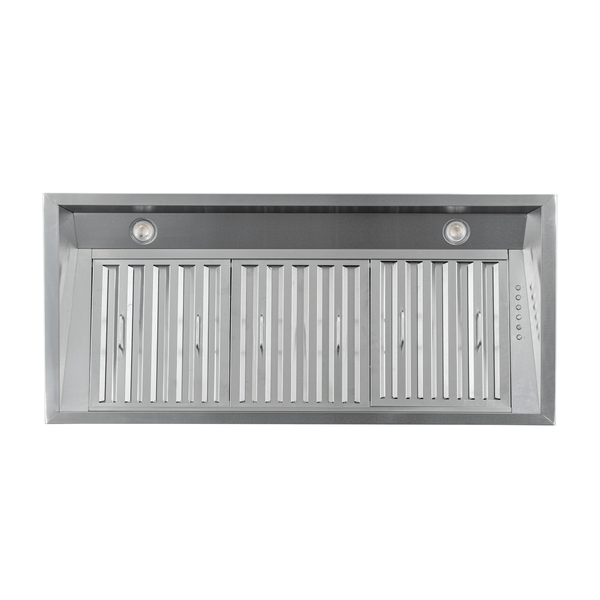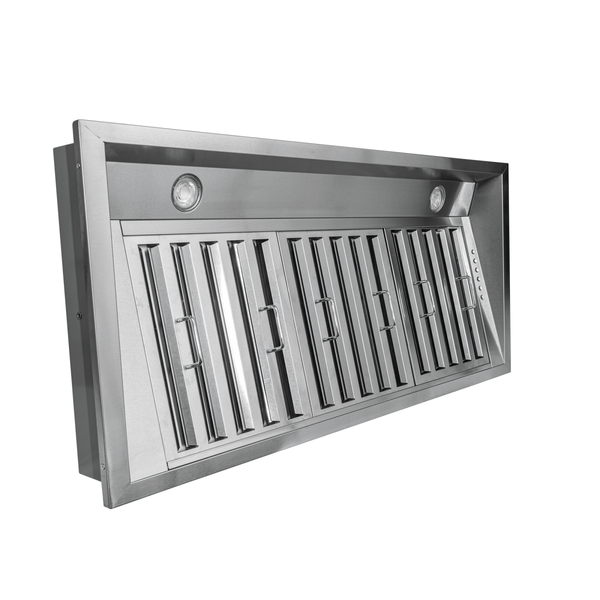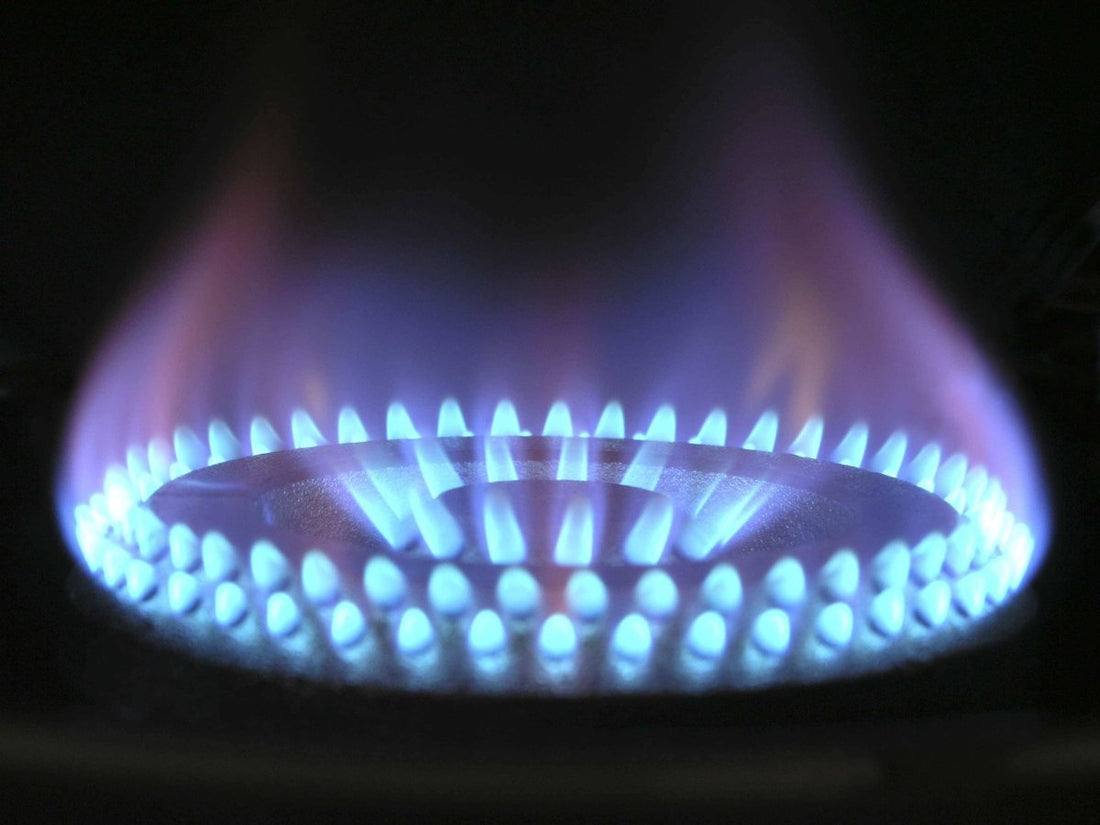When working with appliances or electronics, it is important that you understand all of the acronyms and meanings behind them.
However, because there are so many, this can feel like a very daunting task! However, we are here to help! In this article, we will be discussing the acronym BTU and more! So, if this is of interest to you, read on for more!
What Are BTUs?
BTU is an acronym for British Thermal Unit. It is a standard measure for the output of heat for fireplaces and other appliances that use energy. One BTU is the amount of energy required to raise 1 lb of water per 1 degree of Fahrenheit.
Despite standing for “British Thermal Unit”, a BTU is used globally and is not exclusive to the United Kingdom.
The higher the BTU, the more space the heater can warm per square foot.
You will be able to manage the BTUs in your home with the thermostat, which will ensure quality, comfortable usage, and temperature.
A good way to think of BTUs is by thinking of calories. This is a unit that may be more familiar to us, and one calorie is the same energy needed to raise 1g of water 1 degree Celsius.
When we count calories, we track the energy that goes into our bodies and how much we burn every day.
A BTU will help us to track how many units of energy are in specific amounts of fuel, and how many of those units of energy will be burned or used by your appliance.
It is often the case that the stored energy within fuel is converted into heat by the furnace or fireplace. Therefore, a BTU can help you measure your heating capabilities.
Therefore, when you are discussing BTU in terms of air conditioners, you are referring to its cooling abilities because the energy is being used to remove heat from the room.
How Are BTUs Used And Measured?
We have been using BTUs to measure our energy for hundreds of years, and they have also become increasingly commonplace in the cooling and heating industry.
BTUs are a great way of comparing different fuel types.
For example, when energy from propane, electricity, food, or natural gas is converted into BTUs, you will be able to compare all of these sources of energy with each other.
However, BTUs are tiny units when it comes to measuring the output of household appliances. So, you will often see this unit’s numbers written with a “K” next to them, which represents “thousand.”
For example, if your heater has an output of 80,000 BTUs, then it will be rated and written as 80K BTUs.
Additionally, there is another way to work around those 0s. To do so, you can simply add a new unit. For example, propane gas is sold on the price of a therm, which is equal to 100,000 BTUs.
How Many BTUs Are Needed In A Home?
It is important to pick an appliance that will be within the BTU range for your home. This is important because if you buy a fireplace that has a BTU output that is too small, then it will likely run often but you will still be cold.
This results in you wearing a coat or thick jumper around the house while your energy bill soars - and nobody wants that.
However, you also don't want to be in a situation where you are spending too much on an appliance that gives you more BTU output than necessary.
This is especially true if the appliance in question is a gas fireplace because it can make your space feel stuffy and uncomfortable.
So, as we can see, too much or too little BTU output will result in a strain on the fireplace or other appliance and will waste a lot of energy and money. In the case of BTUs, you need to think like Goldilocks: not too cold, not too hot, but just right.”
This begs the question, how do you find out what your home needs? In this case, we think that it is a good idea to get professional recommendations.
However, here are some guidelines for working out which appliance is best for your home!
First, you will need to find the square footage of the space your appliance will cool or heat. (Length X Width.)
Here is the formula:
BTUs (per square ft) X Square footage = necessary BTU output
What Can Affect The Necessary BTU Output For Your Home?
There are several factors that can affect the necessary BTU output for your home. Let’s check them out in further detail!
The Ceiling Height
If your home has a tall ceiling, then the volume of the room overall will increase, and this means that more energy is required to cool and heat the air. Here, it will be helpful to install a fan that will help with the airflow in your home.
The Temperature Outside
If you live in a colder area, then it is going to take more energy to heat your home. So, the climate is a very important factor to consider when you are looking to purchase appliances.
If you live in a warmer climate, then you have the option of purchasing low BTU appliances, such as fireplaces, so you will be able to enjoy the cozy, atmospheric flames with no added heat!
Windows
How many windows you have and the quality of their insulation will affect your required BTU output.
Home Layout
Smaller homes are a lot easier to heat, so if you have a target home, then your BTU output is likely to be higher and you will need appliances that can keep up with this.
Location
The more strategically placed your appliances are, the easier you will find it to cool or heat a room. An appliance that is located in the center of a room has a much better time working to cool or heat the rooms surrounding it.
Is higher or lower BTU better?
Typically, the more BTUs the better. The more BTUs the more powerful an appliance, like a kitchen stove or range is.
An ac unit with too many BTUs will cool the room rapidly, but the room will remain humid. A unit with too few BTUs won't be able to cool the room and will run continuously.
What does 12000 BTU mean?
An appliance's British Thermal Units tell you how much energy it uses. For instance, if you see that your kitchen stove or range has 12,000 British Thermal Units, that means it produces 12,000 British Thermal Units of heat.
What does 1 BTU represent?
In basic terms, 1 BTU is a unit of energy measurement. It represents the amount of energy needed to raise the temperature of a pound of water by one degree Fahrenheit.
Does a higher BTU mean more heat?
The higher the BTU rating of your kitchen cooktop or range, the more powerful it is. It can produce a greater amount of heat per hour, so you can bring your cooking surface up to temperature more quickly and cook your meal faster that way.
We hope you found our "What Are BTUs" article helpful and you learned all you wanted to know about BTUs and more!













